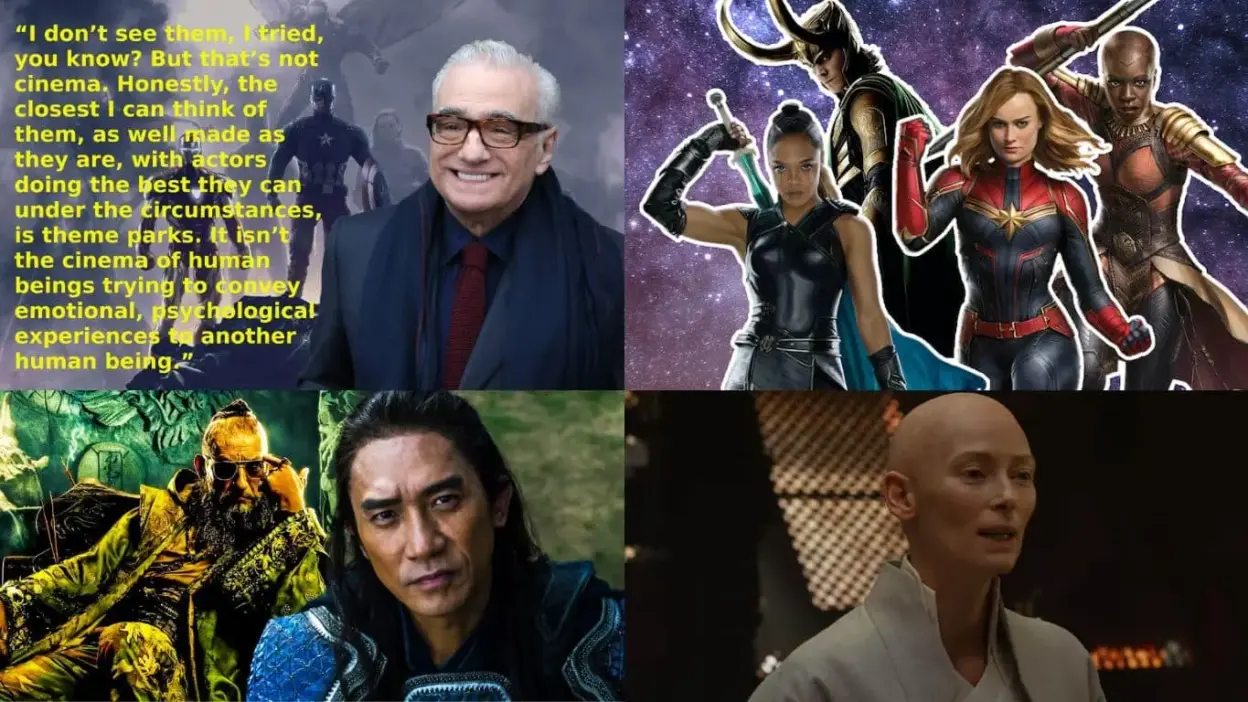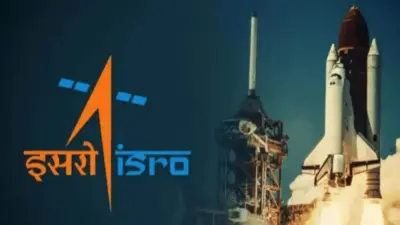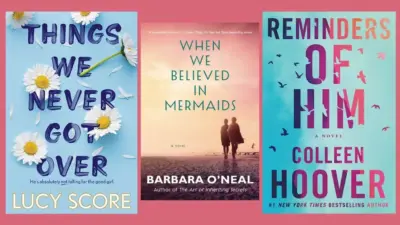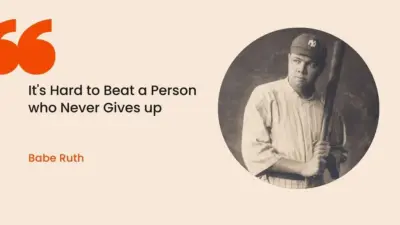The Marvel Cinematic Universe (MCU) has been an unparalleled cinematic journey, captivating audiences worldwide with its epic superhero sagas. However, behind the spectacle, lurk controversies that have sparked heated debates among fans and critics alike. From casting choices that raised eyebrows to plot twists that left hearts shattered, the MCU has been no stranger to polarizing moments. In this gripping exploration, we delve into the Top 10 MCU Controversies of All Time, unearthing the divisive decisions that reshaped the franchise’s trajectory. Brace yourselves for a riveting ride through the realms of fan outrage, directorial clashes, and the occasional misstep that have shaped the MCU into the pop culture phenomenon it is today.
Top 10 MCU Controversies of All Time
The “Tilda Swinton as The Ancient One” Controversy
The casting of Tilda Swinton as The Ancient One in the 2016 film “Doctor Strange” was a significant controversy in the MCU. Critics accused the filmmakers of “white-washing” when they chose Swinton, a white actress, to play a role originally envisioned as a Tibetan man in the comics. The decision was seen as a loss for diverse representation in Hollywood, especially by the Asian-American community. The film’s team, including director scott Derrickson, claimed they were trying to steer clear of racial stereotypes. Regardless of their intent, the casting decision ignited heated debates about diversity, representation, and cultural sensitivity in film. This controversy underscored the film industry’s pressing need to depict different cultures and ethnicities accurately and respectfully.
James Gunn Firing
In 2018, James Gunn, director of the “Guardians of the Galaxy” series, was fired by Disney due to offensive tweets from 2008-2011. The tweets contained provocative humor about pedophilia and rape, unearthing after being highlighted by conservative activists. Disney found these remarks indefensible, going against the studio’s values. Despite Gunn’s apology and acceptance of responsibility, his termination sparked a huge backlash. His “Guardians” cast backed him publicly, leading to a pivotal debate about online behavior, accountability, and personal growth. Following widespread support, Disney reconsidered their stance and reinstated Gunn as the director of “Guardians of the Galaxy Vol. 3” in 2019, creating one of the biggest controversies in MCU’s history.
Martin Scorsese’s “Not Cinema” Comment
In 2019, director Martin Scorsese ignited a controversy, criticizing marvel Cinematic Universe films, referring to them as “theme parks” rather than cinema, and suggesting they lack depth in conveying emotional, psychological experiences. His remarks sparked a widespread debate about the artistic value of blockbuster superhero films. MCU affiliates, including actors and directors, contested Scorsese’s view, asserting that these movies do indeed offer emotional richness and artistic merit. Scorsese further clarified in a New York Times op-ed that his main concern was about the threat to cinematic diversity from franchise films’ dominance. This controversy underscored a critical conversation about cinema’s nature and the future of the film industry.
“Black Widow” Release Controversy
MCU faced a major controversy following the dual-release of “Black Widow” in July 2021, both in theaters and on Disney+. Traditionally, movies premiered exclusively in theaters, but this was disrupted by the COVID-19 pandemic. Scarlett Johansson, the film’s lead, filed a lawsuit against Disney, alleging her contract promised an exclusive theatrical release, with her earnings tied to box office performance. She contended that the simultaneous streaming release caused significant financial loss. Disney rebutted, calling the lawsuit meritless and stating that they complied with Johansson’s contract. They argued the Disney+ release actually augmented her potential to earn beyond the $20 million she already received. This controversy not only highlighted the growing conflicts around contracts in the streaming era, but also provoked broader dialogues about fair compensation for actors when traditional box office norms are challenged.
MCU’s VFX Artists Allegations
The marvel Cinematic Universe has also been caught in controversies over its treatment of visual effects (VFX) artists and inconsistency in VFX quality. Many believe that characters like Thanos excel in visual representation, whereas sequences like the finale of “Black Panther” fell short. Such inconsistencies are attributed to strict deadlines, limited budgets, and heavy workloads for VFX artists. Reports of 60-80 hour work weeks without fair compensation have sparked outrage. The employment of indie filmmakers, inexperienced in VFX coordination, adds to the problem. Artists, fearful of losing future opportunities, often refrain from protesting against these conditions. Calls for a union to negotiate better terms are common, but international jurisdiction complicates its formation. This controversy reflects broader issues around workers’ rights in the film industry.
The Mandarin Twist
Next on the list is the depiction of The Mandarin in “Iron Man 3” (2013). Known as Iron Man’s notorious archenemy, the comic character is recognized for his distinctive ten rings, each possessing unique power. However, the film version, portrayed by Ben Kingsley, was far from the original depiction. Initially showcased as a terrorist leader, he was later unveiled as a decoy, a struggling British actor named Trevor Slattery, causing significant disappointment among fans. The backlash was immense as many felt cheated of witnessing the powerful villain from the comics, leading to Marvel introducing the “real” Mandarin in “Shang-Chi and the Legend of the Ten Rings” (2021), as portrayed by Tony Leung, in an attempt to rectify the previous portrayal.
Edgar Wright & Patty Jenkins’ Exits
Two significant controversies in the Marvel Cinematic Universe revolve around directors Edgar Wright and Patty Jenkins. Wright, associated with “Ant-Man”, left due to creative differences in 2014, implying that Marvel was reluctant to accommodate his unique directorial style. Patty Jenkins, famously known for “Wonder Woman”, was initially slated to direct “Thor: The Dark World”. She would’ve been the MCU’s first female director, but she too left, stating the story wasn’t one she could excellently convey. Her replacement was Alan Taylor. These events triggered discussions on creative control within the MCU, hinting at possible constraints due to its highly interconnected structure that might be limiting individual directorial freedom. These controversies expose a tension between singular creative visions and the broader integrated universe Marvel seeks to maintain.
Replacing Edward Norton
Another major controversy surrounded Edward Norton’s exit and Mark Ruffalo’s casting as the Hulk. Norton first depicted Bruce Banner in “The Incredible Hulk” (2008), but Ruffalo unexpectedly took over in “The Avengers” (2012). Kevin Feige, Marvel Studios’ President, attributed the shift to the need for an actor who epitomized the collaborative spirit of the MCU, implying Norton didn’t. Speculations indicated Norton’s alleged script revisions might have factored in. Norton stated he didn’t want a long-term commitment to a single role. Although fans initially resisted the recasting, Ruffalo’s performances earned wide acclaim, leading to eventual acceptance and approval.
Lack of LGBTQ+ Characters
One recurring criticism of the Marvel Cinematic Universe has been its perceived lack of LGBTQ+ representation. This issue came to a head when the MCU introduced its first openly gay character in “Avengers: Endgame” (2019). The character, portrayed by co-director Joe Russo in a brief cameo, participates in a support group attended by Captain America and shares his experience about a date with another man. While Marvel Studios’ first LGBTQ+ character sparked mixed reactions. Critics felt the small, unnamed role was a missed opportunity for more substantial representation. However, Joe Russo defended the decision, emphasizing the importance of inclusivity and representation, showing his dedication by taking on the part himself.
Black Widow’s Death
Last on our list is Scarlett Johansson’s Black Widow’s death in “Avengers: Endgame” (2019). The scene, eerily reminiscent of Gamora’s death in “Avengers: Infinity War” (2018), sparked debates about repetitive plot devices and the decision to kill off one of MCU’s few female leads. Unlike Tony Stark’s death in the same film, Black Widow’s demise didn’t receive a formal farewell, sparking further discussions about narrative respect for her character. Johansson defended the choice, arguing it was in-character for Black Widow to make such a sacrifice. However, it also drew criticism as an example of “fridging”, a term referencing the trope of killing female characters to advance male narratives, fueling ongoing dialogues about the representation of women in superhero films.
Also Read: Role of Villains In Shaping The MCU, Thanos and Loki



